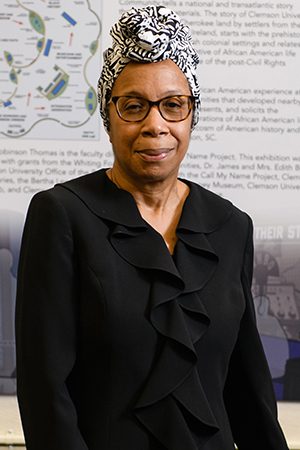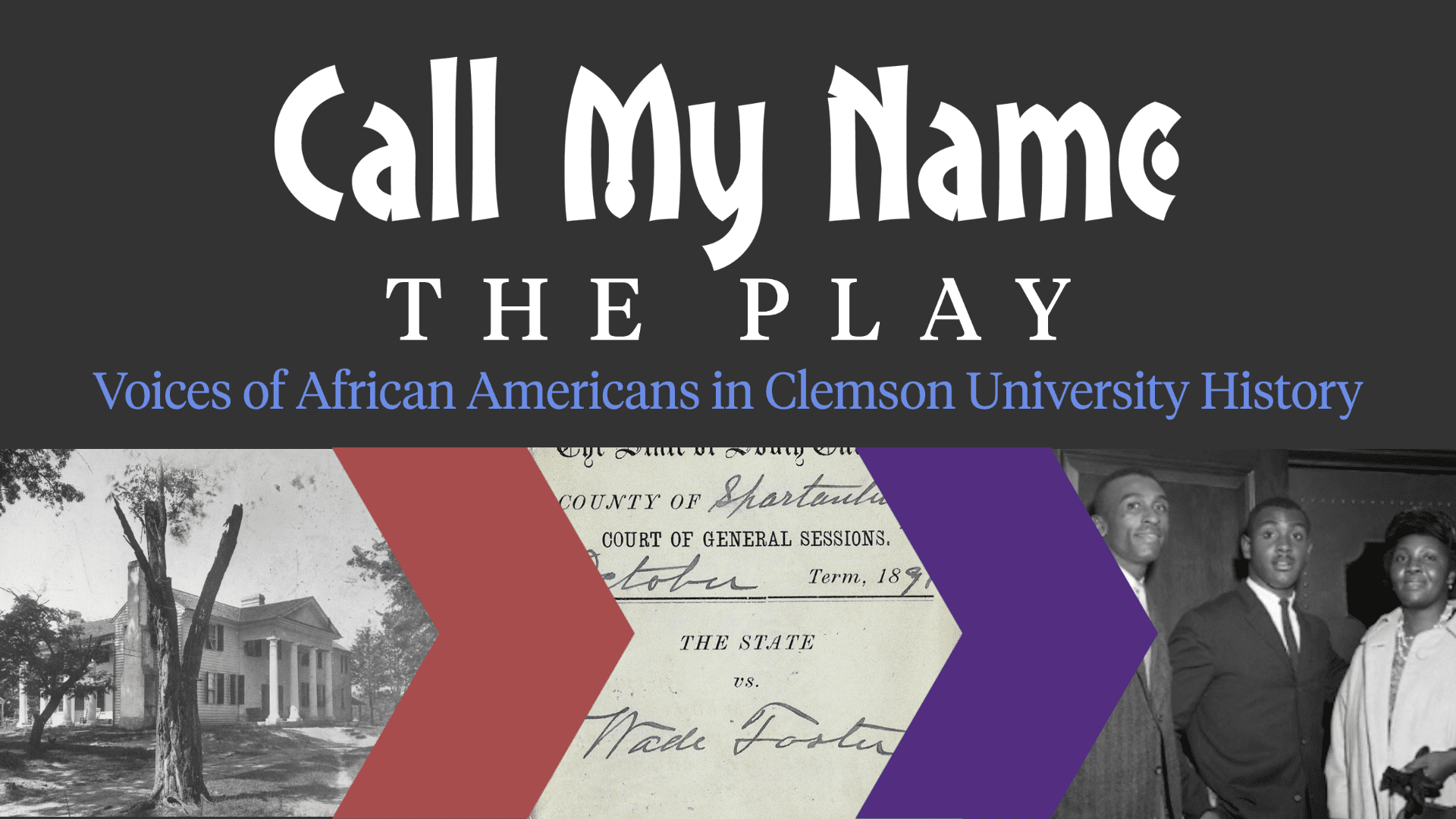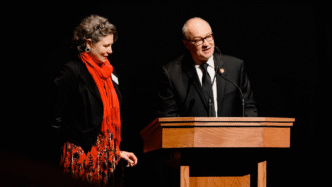For “Call My Name, Clemson,” the groundbreaking research project about the lives of African Americans in Clemson University history, the next stage in its development is the stage.
“I chose theater as the next way to tell the stories of ‘Call My Name’ to provide a means for the public to have an experiential version of the initiative,” said Rhondda Thomas, Calhoun Lemon Professor of Literature in the Department of English, who began the “Call My Name” project in 2014.

“Call My Name, Clemson” tells the stories of seven generations of African Americans, both freed and enslaved, who contributed to the University’s history. Thomas said that the most challenging aspect of the adaptation is reducing more than 300 years of history to a few hours on stage. Fortunately, she had help.
Tectonic Theater Project, a New York-based production company founded and directed by Moisés Kaufman, is collaborating with Thomas on the adaptation. Tectonic’s trademarked theater-making method, Moment Work™, employs a rigorous process of research and collaboration in a laboratory environment. Throughout the summer and fall of 2022, Thomas traveled to New York to develop the play with Tectonic’s ensemble.
“I began learning how to scale back the writing process, to write a moment in a person/character’s life instead of a scene for a script,” Thomas said. “The ensemble of six Black actors fully embraced Call My Name and provided voices to Black people whose voices are central to Clemson’s history, development and success.”
The project eventually honed in on three figures who will become the focus of the stage adaptation: Issey, an enslaved girl at Fort Hill plantation; Wade Foster, a 13-year-old convicted laborer assigned to work at Clemson College; and Harvey Gantt, the first Black student to attend and graduate from Clemson after winning a class-action lawsuit.
Thomas said that the process of adapting the stories of “Call My Name” for the play helped her to value their lives and contributions of Black people in Clemson history even more.
“I feel more indebted to them for paving a path for me to be at Clemson, particularly those who labored on the land, both enslaved and free, prior to desegregation,” she said.
The first readings of the play have been scheduled for early 2023 to coincide with the 60th-anniversary celebration of Harvey Gantt’s arrival and Clemson’s desegregation:
Each reading will be held in the Bellamy Theatre in the Brooks Center for the Performing Arts. Seating will be limited; for tickets, visit the Brooks Center Box Office website.
Funds for production costs are still needed. To support the play and the ongoing research of “Call My Name,” donate here.







